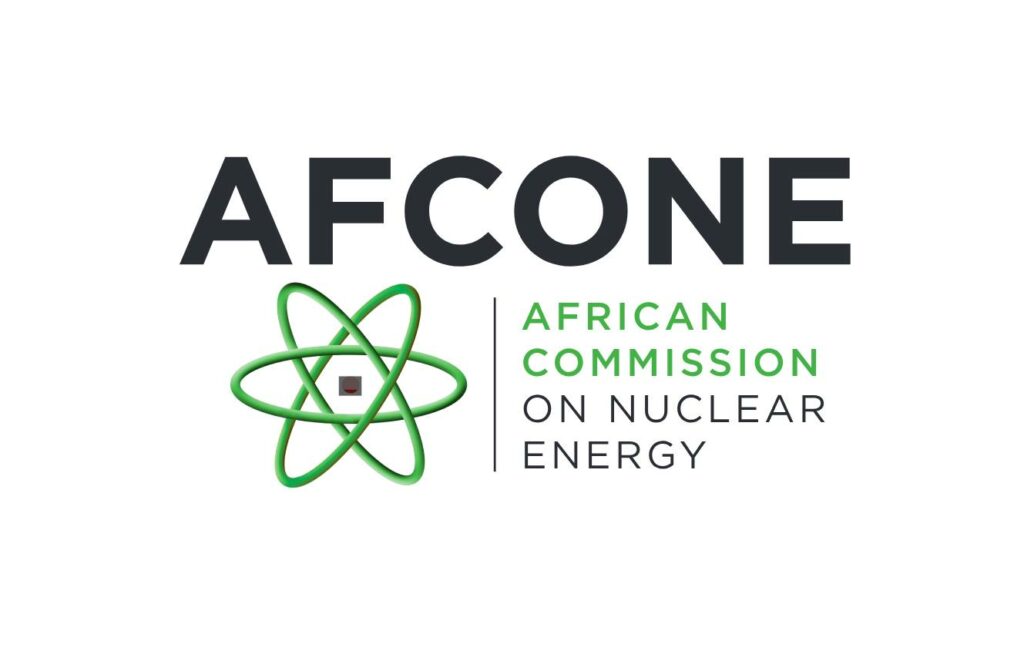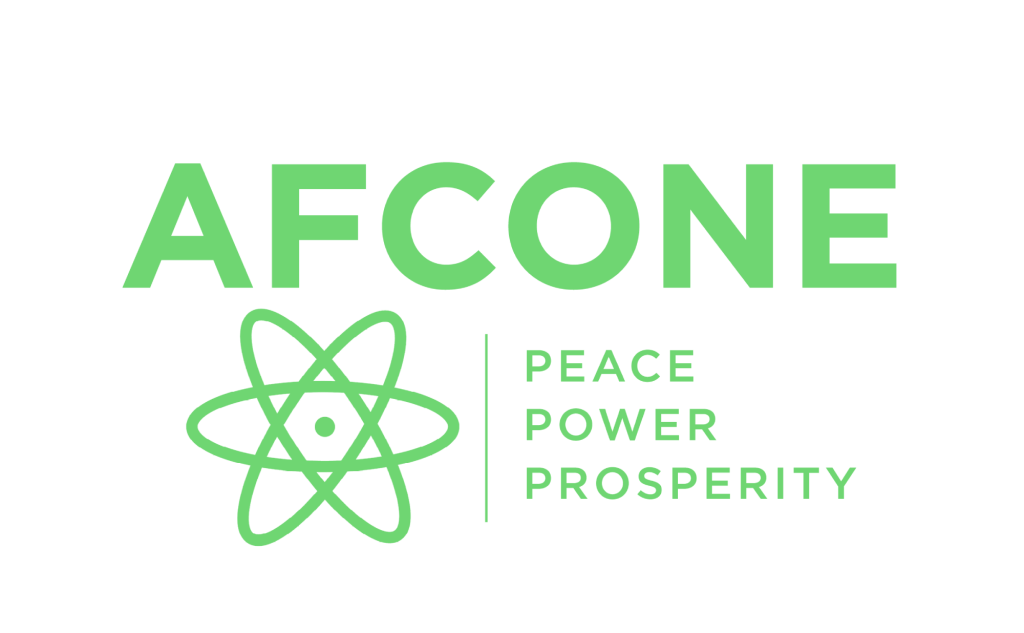Trending
- Africa NBP 2023 – Benchmarking education and skills development programmes in Africa: Role of AFCONE
- Celebrating the 16th Anniversary of the African Nuclear-Weapon Free Zone (Treaty of Pelindaba) – 15 July 2025
- Workshop on Cooperation and Consultation Among Nuclear Weapons-Free Zones, Astana, Kazakhstan, 27-28 August 2024
- 2nd Preparatory Committee for the 2026 NPT Review Conference
- Advancing Africa’s Sustainable Economic Development Through Innovative Frameworks for Capacity in Nuclear Skills, Technologies, and Policies
- Finland is on the verge of an incredible human-made alteration deep beneath the Earth: ‘They’ll hold a total of 5,500 tonnes of waste’
- Back-end agreement positions Africa center-stage on nuclear energy
- AFCONE is present at the 37th ordinary session of the African Union Assembly



